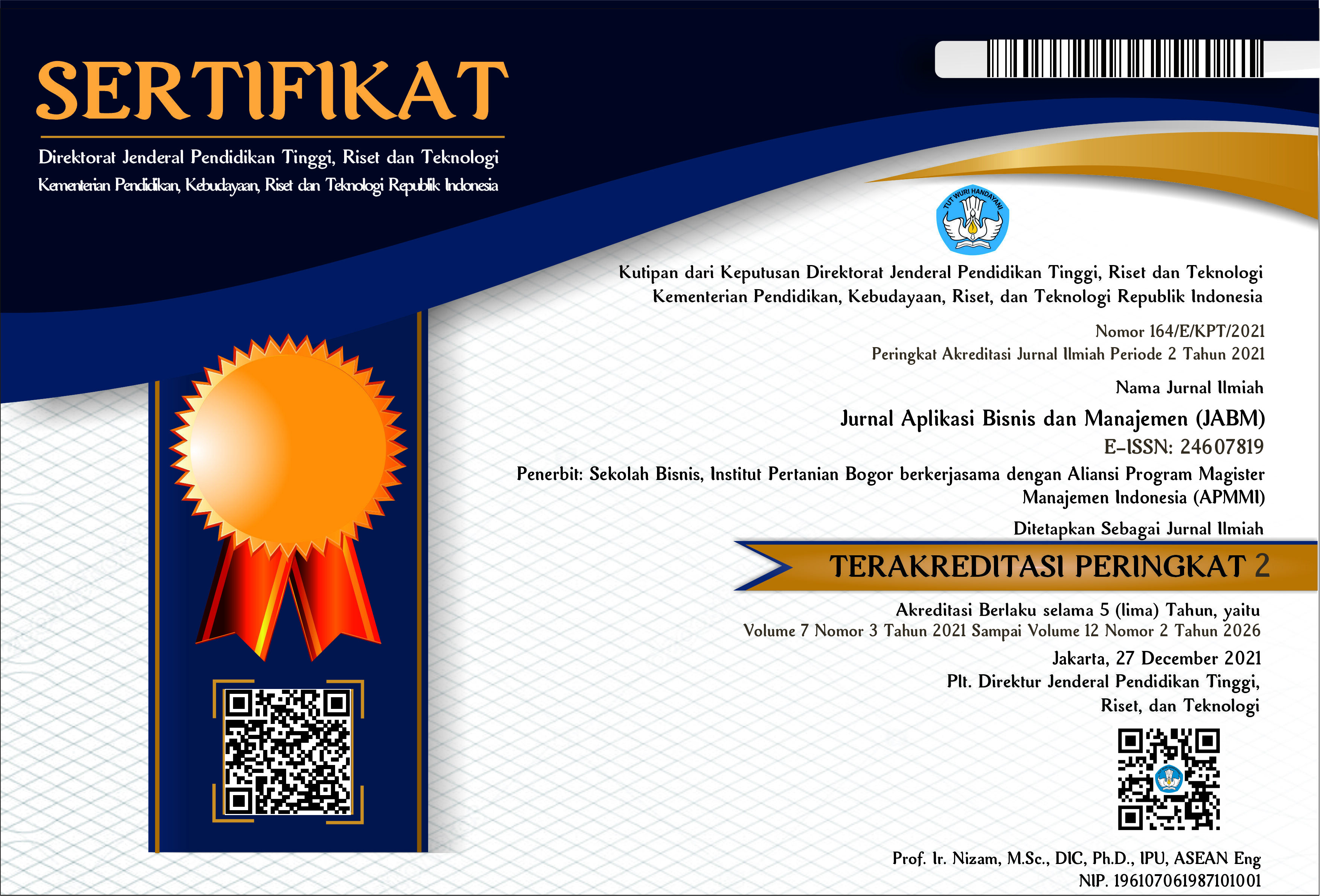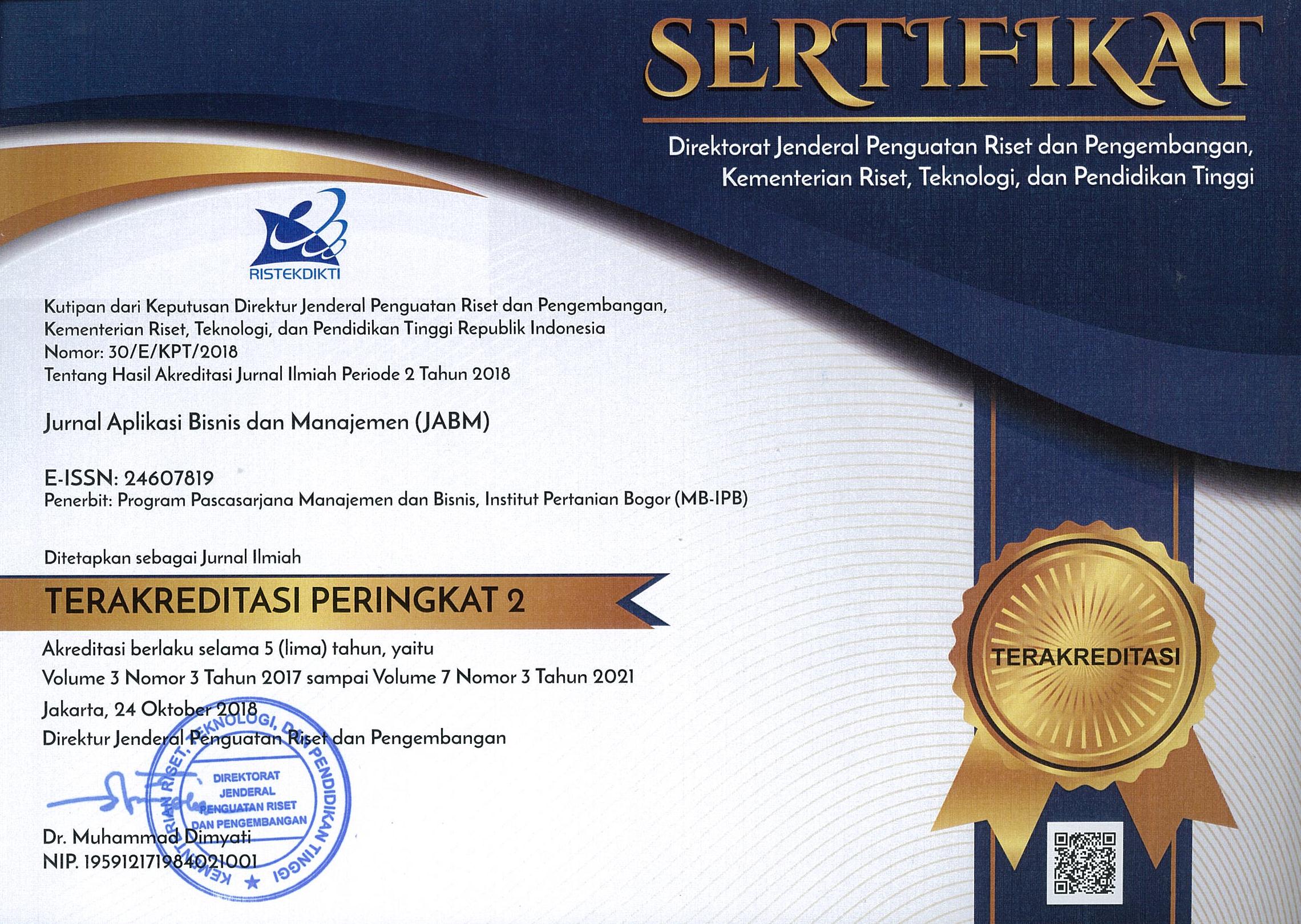The Impact of Electric Vehicles in Reducing Carbon Emission in Metropolitan City
Abstract
Background: This comparison of Singapore and Jakarta shows electric vehicles (EVs) can reduce transportation-related carbon emissions, but renewable energy investments are essential. Singapore benefits from lower emissions due to natural gas use, while Jakarta faces traffic and pollution challenges. Effective policies, investment in EV manufacturing, and collaborative strategies are crucial for increasing EV adoption.
Purpose: This study aims to find out how the presence of electric vehicles can affect the reduction of carbon emissions in metropolitan cities, especially in Jakarta. This research uses a qualitative descriptive approach.
Design/methodology/approach: The data for this research was obtained from various sources, ranging from academic journals, and government and non-government reports, as well as websites that monitor various parameters relating to the two countries and the research being conducted over 12 years (2010-2022).
Findings/Result: Findings indicate that average emissions per EV per day in Jakarta are similar to those of Singapore at a value of 3.9245 kgCO2, eq/day as opposed to 6.0403 kgCO2, eq/day for Internal Combustion Engine Vehicle (ICEVs) considering only the emissions with current electricity generation. Adding cradle-to-gate emissions for a service life of 10 years, the value becomes 7.21 kgCO2, eq/day, showing that improvements not only in local renewable energy policy but also in global manufacturing capabilities for EVs are required to make EVs significantly more viable than ICEVs.
Conclusion: The comparison between Singapore and Indonesia highlights that while electric vehicles (EVs) can reduce transportation-related carbon emissions, significant investments in renewable energy and supportive policies are crucial for maximizing their benefits.
Originality/value (State of the art): This research highlights the comparative viability of electric vehicles (EVs) in reducing transportation-related carbon emissions in Singapore and Indonesia, emphasizing Singapore's advantage due to its reliance on natural gas over coal and oil. Future research directions include analyzing consumer engagement techniques to boost EV adoption in metropolitan areas.
Keywords: carbon footprint, electric vehicles, Jakarta, metropolitan, Singapore







